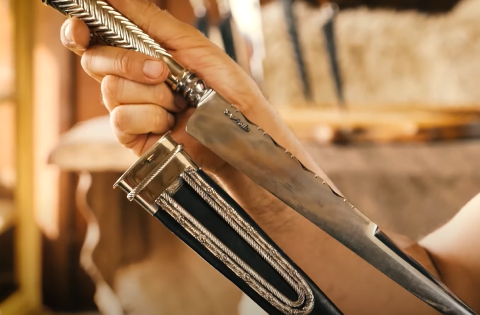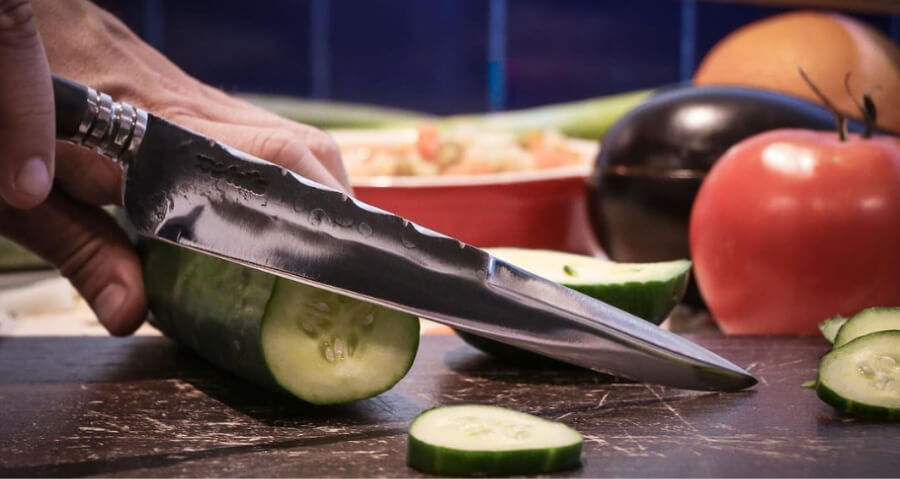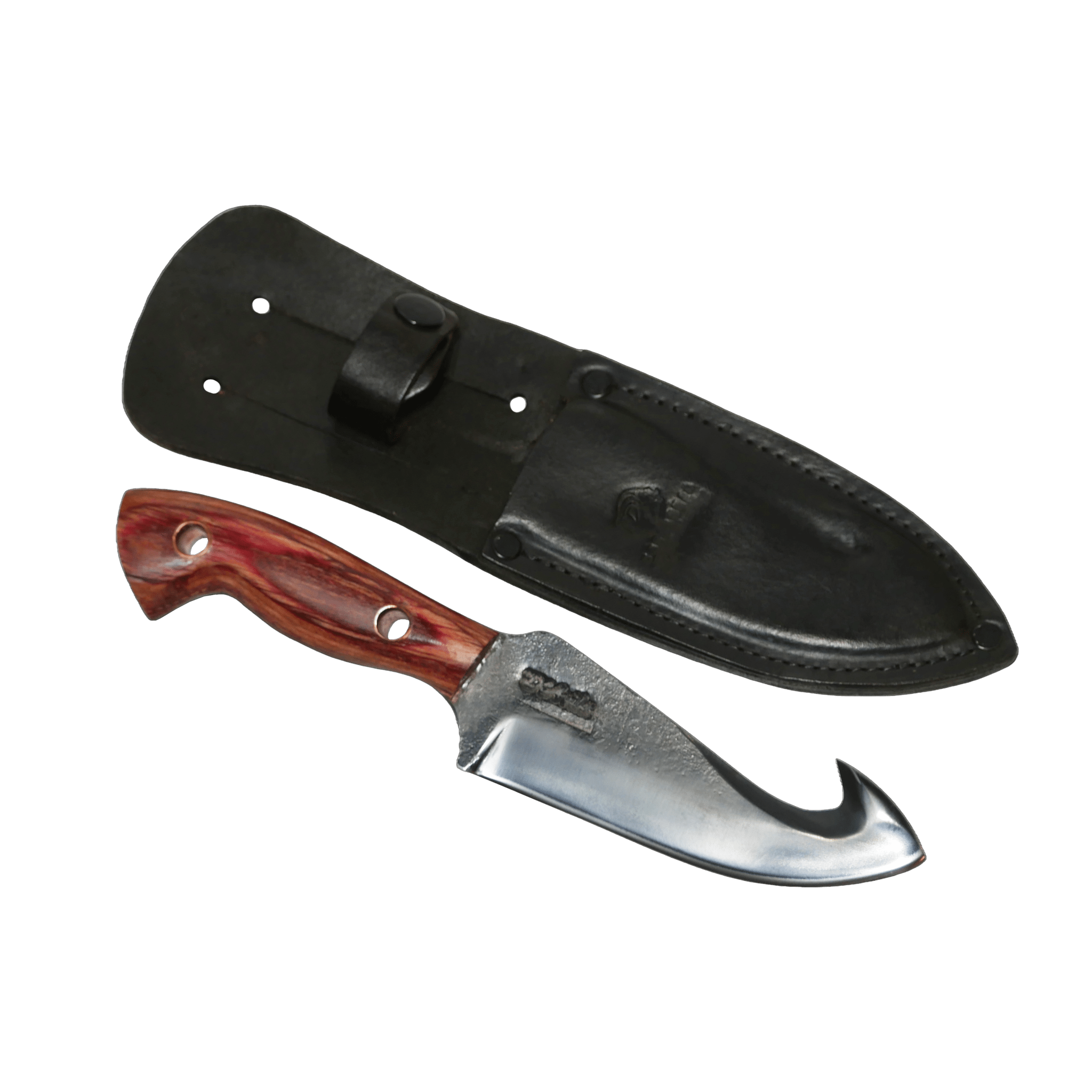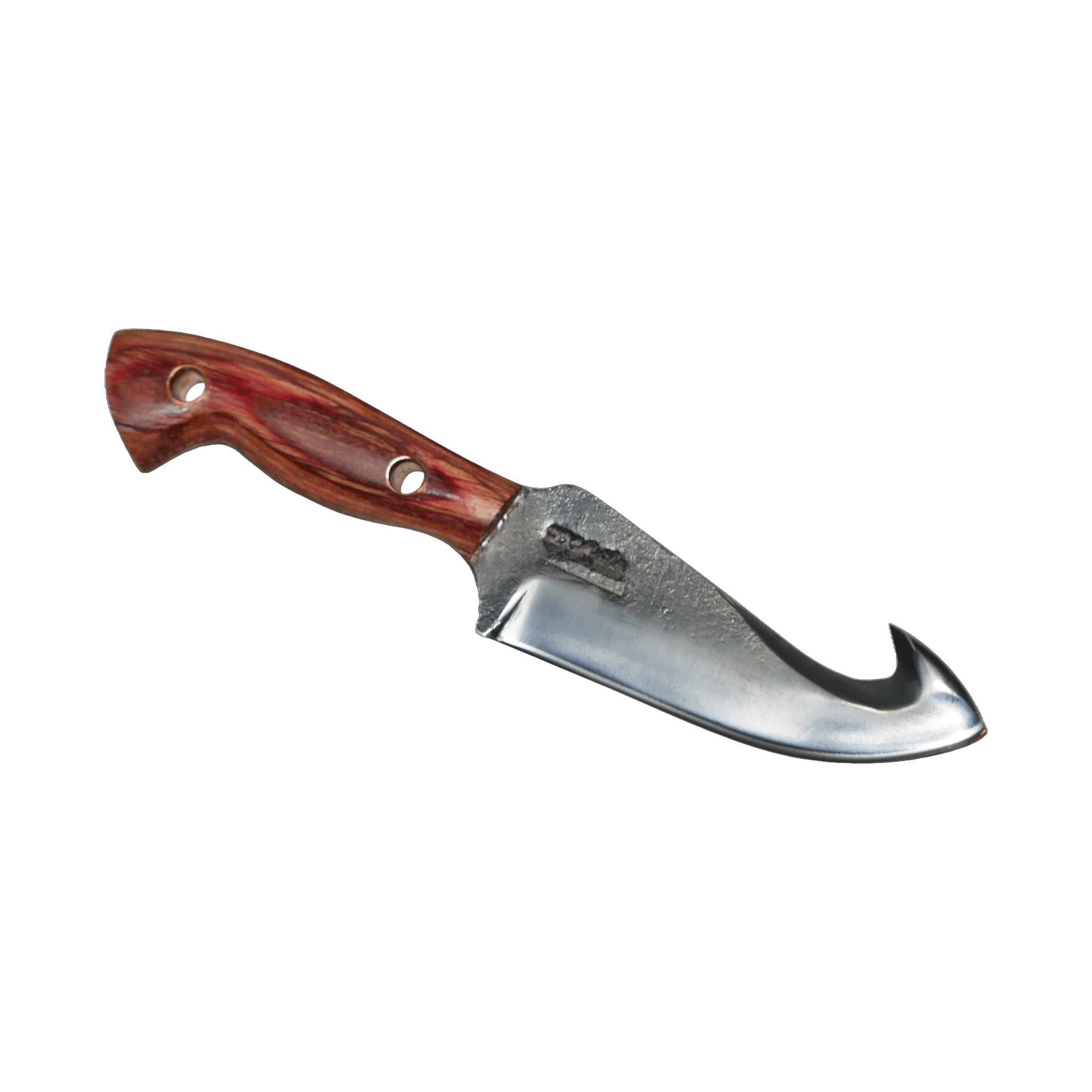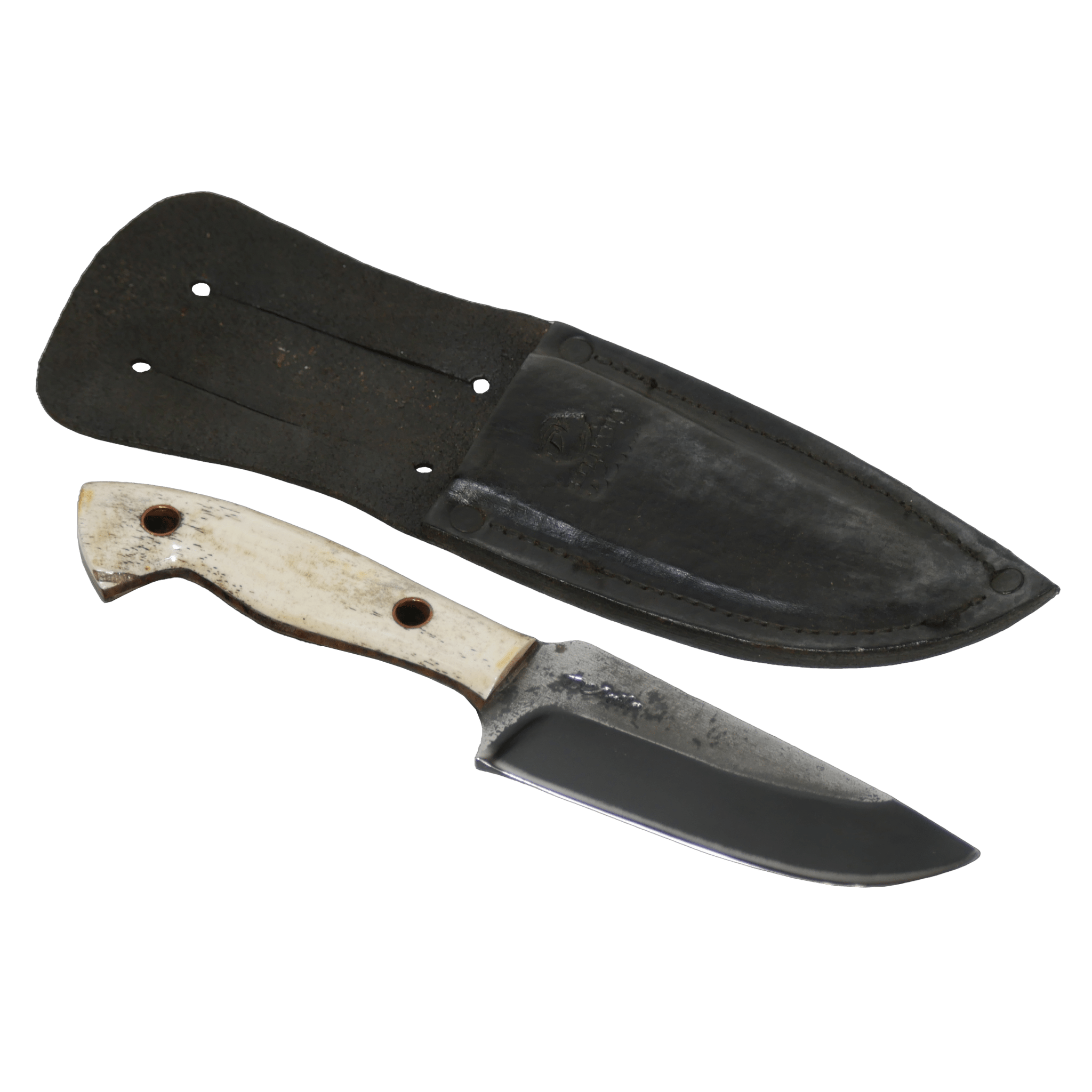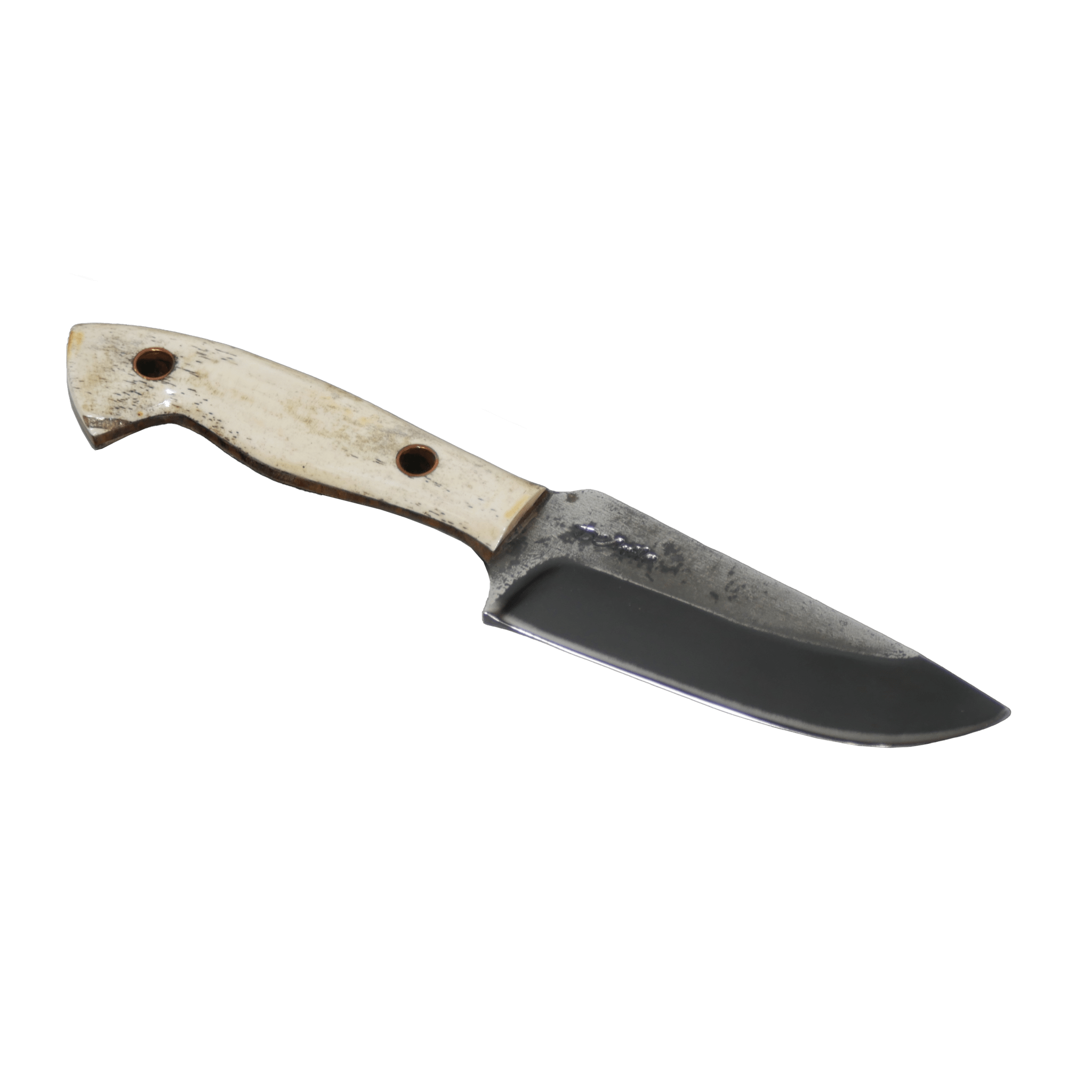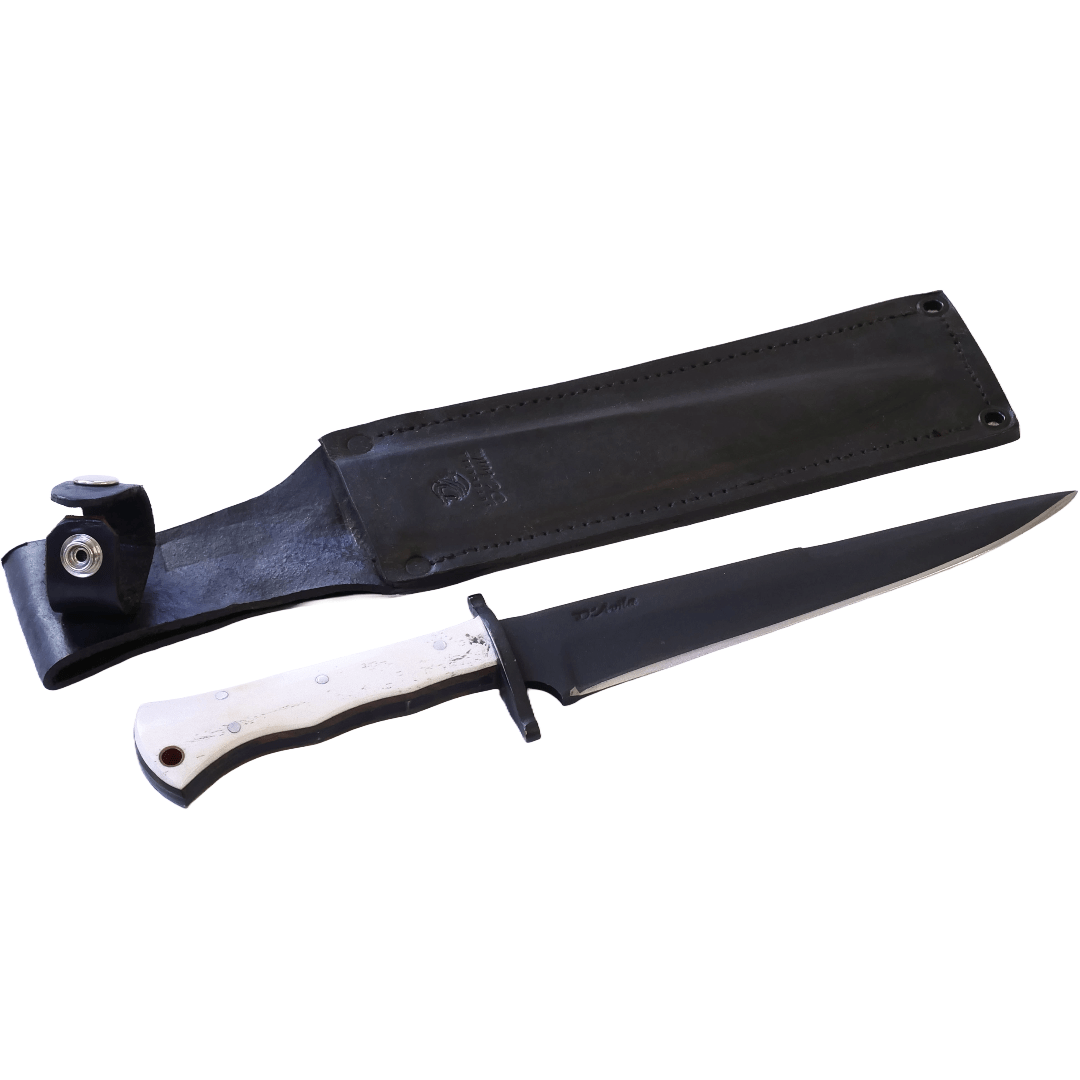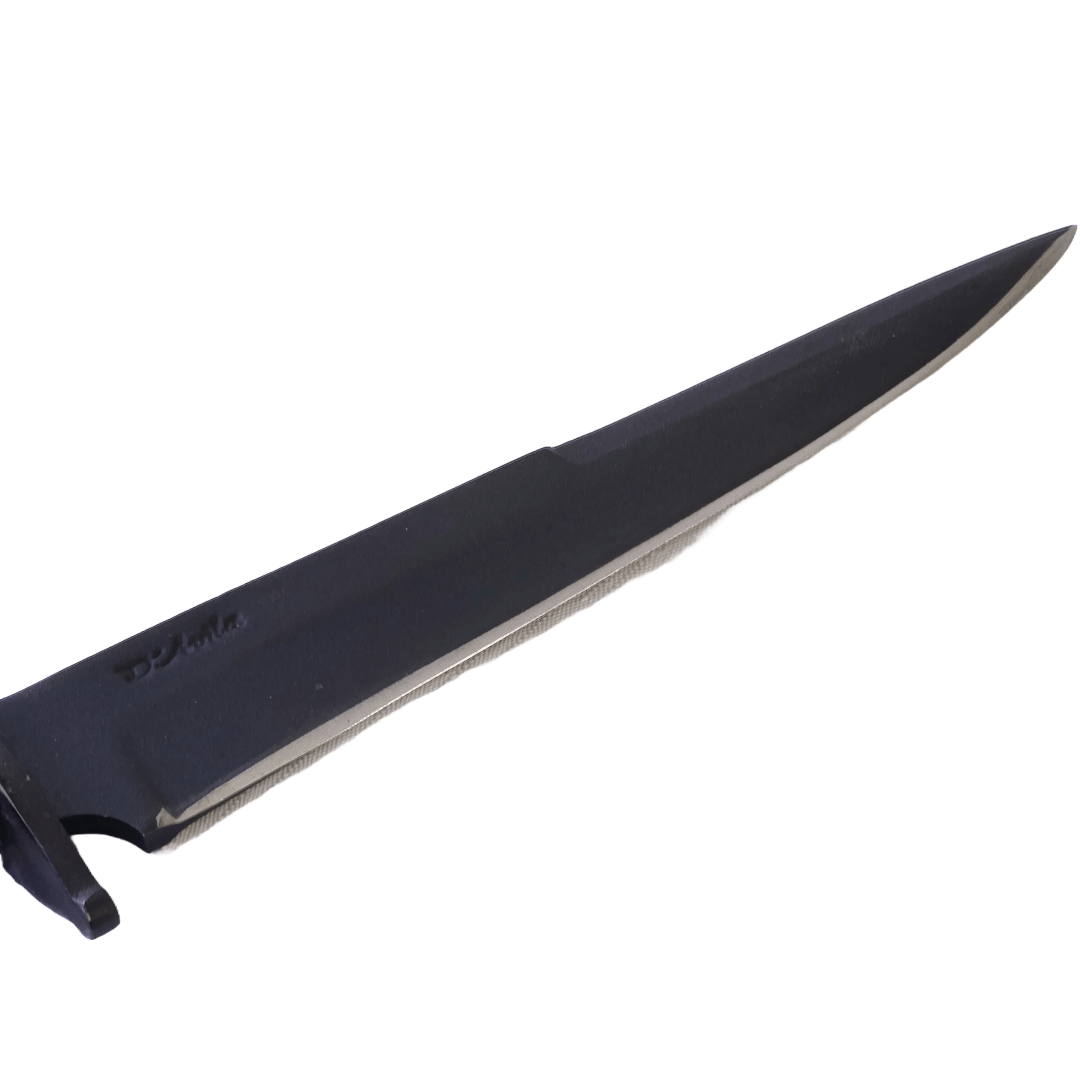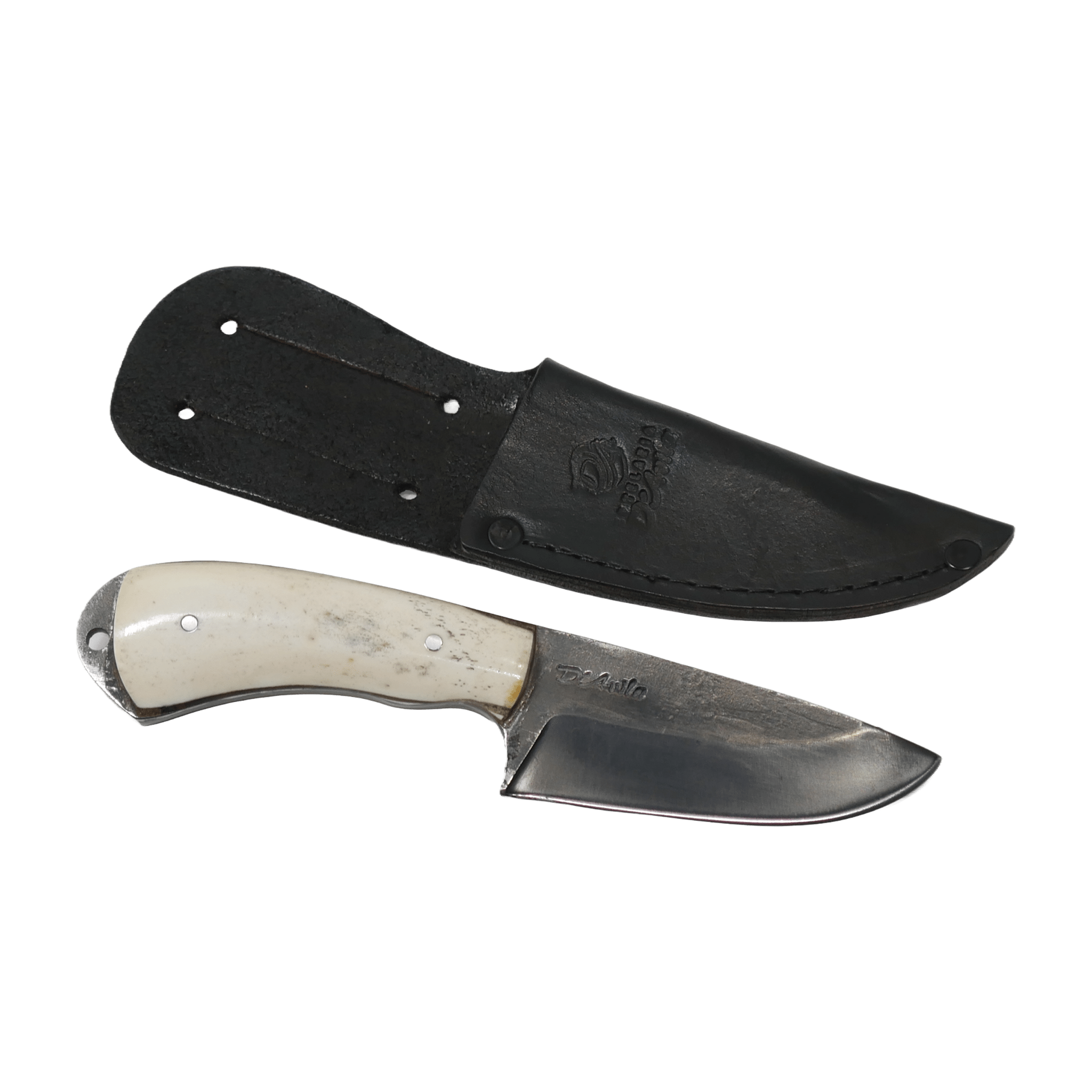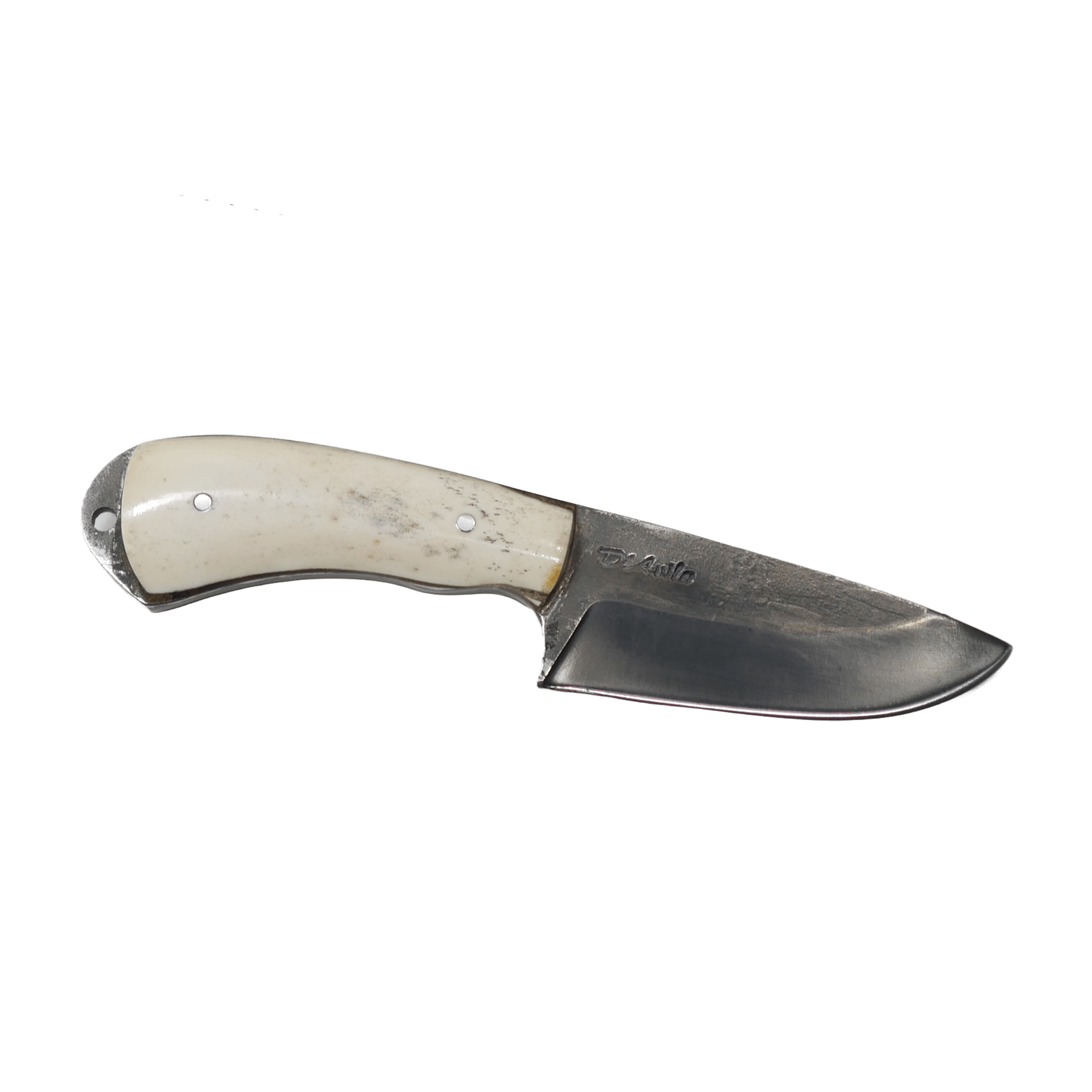The Best Compact Adventure Knives for EDC & Bushcraft
When it comes to everyday carry (EDC) knives for adventure, bushcraft or camping, a small, rugged blade can make all the difference. In this guide, we present four top-quality carbon-steel EDC knives from D’Avila — perfect for Aussie explorers — and break down their blade sizes, handle materials, and why carbon steel excels in the wild.

Built for the bush. The Rio Adventure 5” Knife pairs a carbon steel 5160 blade with a classic bone handle — perfect for daily carry, camping, or carving by the fire.
Featured EDC Knives
- Utility Adventure 6" Knife – Carbon Steel 5160, Hybrid Handle
- Pampa Adventure 3" Knife – Carbon Steel 5160, Micarta Handle
- Rio Adventure 5" Knife – Carbon Steel 5160, Bovine Bone Handle
- Pocket Adventure 5" Knife – Carbon Steel 5160, Resin Handle
Why Carbon Steel is Ideal for EDC & Bushcraft
- Edge retention – stays sharp through wood carving and prepping camp meals
- Easily reformatted – quick at-home sharpening for optimal field maintenance
- Durable in rugged use – thick, high-carbon blades resist chipping during heavy tasks
Quick Facts: Blade Size & Handle Materials
| Knife Model | Blade Length | Handle Material | Best Use |
|---|---|---|---|
| Utility Adventure | 6″ (15 cm) | Hybrid (wood + resin) | Batoning, bushcraft |
| Rio Adventure | 5″ (13 cm) | Bovine bone | Precise carving, camp cooking |
| Pocket Adventure | 5″ (13 cm) | Resin | Everyday carry, hiking |
| Pampa Adventure | 3″ (8 cm) | Micarta | Compact EDC, utility tasks |
Handle Materials: Pros & Cons
| Material | Pros | Cons |
|---|---|---|
| Wood / Bone | Natural feel, attractive patina | Needs care against moisture |
| Micarta | Durable, grippy, weather-resistant | Higher price point |
| Resin / Hybrid | Unique aesthetics, smooth grip | Less grippy when wet |
Choosing the Right Size
- 3″ blades: highly portable, excellent for everyday and light tasks
- 4–5″ blades: expertly strike a balance between portability and versatility
- 6″ blades: heavier, ideal for bushcraft and campsite chores
Best EDC Knife Uses: What Each Blade is Built For

The Pocket Adventure 5” packs a punch with its carbon steel blade and standout resin handle — ideal for bushwalks, campsite tasks, and everyday carry in the outback.
- Utility Adventure 6" – The best choice for camp setup, batoning wood, and heavy bushcraft chores.
- Rio Adventure 5" – Superb for camp cooking, carving, and controlled, precise tasks.
- Pocket Adventure 5" – A perfect everyday carry knife: medium size, stylish resin handle, great for bushwalking.
- Pampa Adventure 3" – Ideal for a compact, lightweight EDC knife that still performs under pressure.
Fun Fact: Carbon Steel Patina
Carbon steel develops a natural patina through exposure to acids from food and the environment. That patina not only looks rugged and unique — it protects the blade from rust. Just wipe and oil after use, and your EDC knife will last for decades.
Shop These Adventure EDC Knives
Check out the full collection on our store to get the right adventure knife for your next Aussie trek or outdoor trip:
→ Browse EDC & Bushcraft Knives Collection
FAQ: Everything You Need to Know About EDC Knives in Australia
What does EDC mean for knives?
EDC stands for "Everyday Carry." An EDC knife is designed to be compact, reliable, and easy to carry with you daily — whether in your pocket, backpack, or on your belt. They’re great for camping, bushcraft, or everyday utility.
Why choose a carbon steel knife for bushcraft?
Carbon steel holds a sharper edge longer than stainless steel and is easier to sharpen in the field. That’s why it’s a favourite among bushcrafters, campers, and survivalists. Just remember to keep it dry and oil it regularly to avoid rust.
What’s the best blade length for an EDC knife?
For EDC and adventure use, blades between 3" and 6" are ideal. They offer the right balance between control and utility without being bulky. For example, a 4” blade like the Minas is perfect for carving and cooking, while a 6” Utility model is better for tougher bushcraft tasks.
Which handle material is best: bone, micarta, resin or wood?
Each material has its perks. Bone offers a traditional and organic feel. Micarta is extremely durable and grippy even when wet. Resin allows for unique visual patterns, and wood brings a classic touch. The best handle comes down to personal preference and intended use.
Can I use an EDC knife for food prep while camping?
Absolutely. Many EDC knives — especially those in the 3” to 5” range — are excellent for cutting meat, slicing vegetables, or cleaning fish. Just make sure to clean and dry your knife after use to maintain edge quality and hygiene.
What makes an EDC knife great for the Australian outback?
Out bush, you need a knife that’s reliable and built to take on anything — from setting up camp to processing firewood. A good EDC knife should be easy to carry, tough enough for the unexpected, and versatile enough to become part of your routine in the wild.

